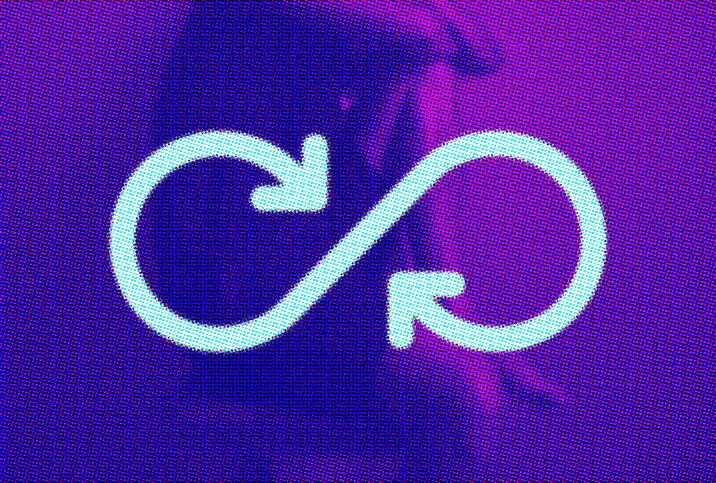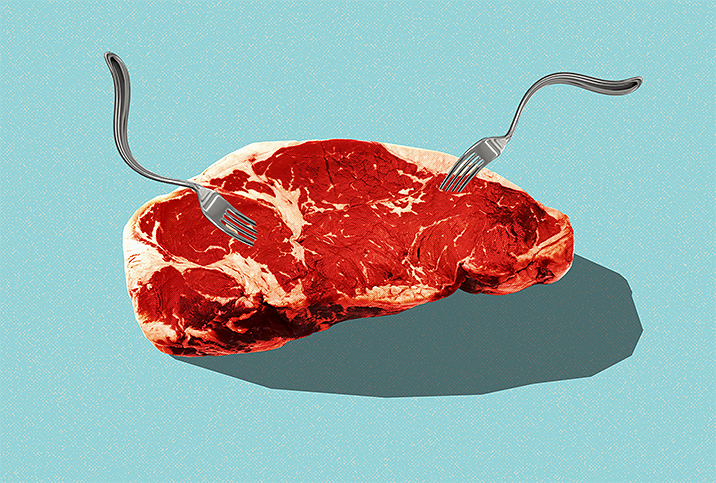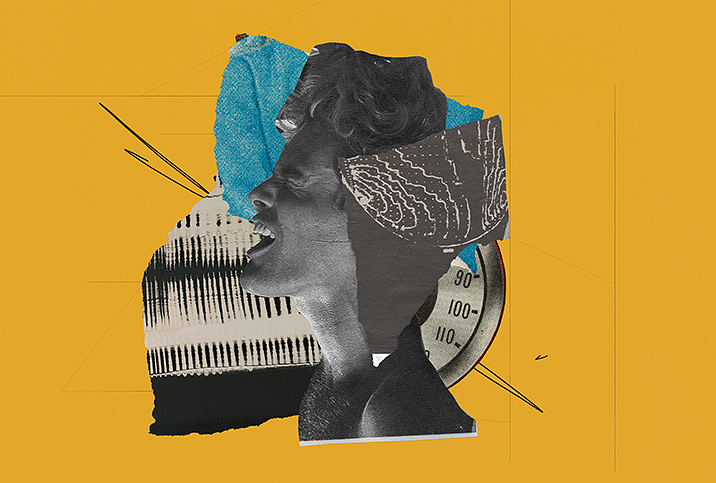How to Break the Vicious Cycle of Erectile Dysfunction and Depression

While erectile dysfunction (ED) can stem from a variety of common physical conditions—heart disease, obesity, high blood pressure, diabetes, to name only a few—it has also been linked to psychological factors such as anxiety, stress and depression. Some studies have shown that depression is especially strongly correlated with ED.
Indeed, the two have a circular nature: Depression can be a cause of ED, and ED can cause or exacerbate depression.
ED, depression & aging
The correlation between ED and depression appears to be more pronounced in older men, which is perhaps not surprising, considering both erectile dysfunction and depression are more common as men age. And older men often experience lower testosterone levels, too, which might be another contributing factor. A study from the University of Western Australia showed that older men with lower serum testosterone had a higher incidence of depression.
While the Western Australia study didn't directly look at erectile dysfunction in the testosterone-depression relationship, it's important to note that the men who suffered from depression were also more likely to suffer from heart disease and diabetes. Why is that relevant? You might notice that all of these conditions—depression, heart disease, diabetes and low testosterone—are on the list of potential causes of ED.
Professional treatment to break the cycle
If you feel you might be depressed, the first and most important step is to talk to someone, preferably a professional therapist. Only a medical professional can prescribe well-established medications such as selective serotonin reuptake inhibitors (SSRIs) and other antidepressants, and anti-anxiety medication. A therapist may also evaluate you to make sure physical conditions such as obesity, nutritional deficiency or thyroid issues are not causing your depressive symptoms.
Most recommended treatment plans will include some kind of talk therapy. Remember, it's essential to speak up about ED when you talk about your depression, because simply talking out whatever feelings you have surrounding ED, such as anxiety, stress or depression, has been known to improve your symptoms all on its own.
Individual or couples sex therapy can also help shift your focus from stress about your performance to simply enjoying the sensations of sexual encounters and being in the moment.
But another important reason to talk about ED while getting treated for depression is that some medications—SSRIs like Prozac are most notable—can make ED and other sexual dysfunction worse. Being open about the issue can help your doctor steer you toward meds that won't have this effect.
Giddy Psychologist Dr. Susan Ansorge shares some guidance about depression in the ED Guide Video Series. Click here to watch the video.
Your therapist might also recommend you try erectile dysfunction meds at first, in an attempt to alter the cycle of ED occurring and exacerbating your depression. While Viagra and Cialis aren't usually thought of as long-term solutions for most men who are otherwise physically healthy, they can be used judiciously in the short term to give a man confidence and break the pattern of negative reinforcement.
Prevention of ED & depression
Looking at how erectile dysfunction and depression are linked, it's interesting to note that many recognized preventive measures for each condition individually also apply to both. All of the following actions can help lessen the effects of both ED and depression:
- Exercise 30 minutes a day, five days a week
- Eat right
- Get enough sleep
- Lose excess weight
- Cut out alcohol and drugs
- Say "no" to stress by setting boundaries at work and in your personal life
Depression and erectile dysfunction are highly complex issues, both together and each on their own, that have no simple solutions. Tackling the two together is a tall order, and it's crucial to recognize how they are related.
If you take a proactive approach to treating each of them and observe some simple preventive measures, such as making sensible lifestyle choices, you can go a long way toward mitigating and even eliminating them from your life.


















